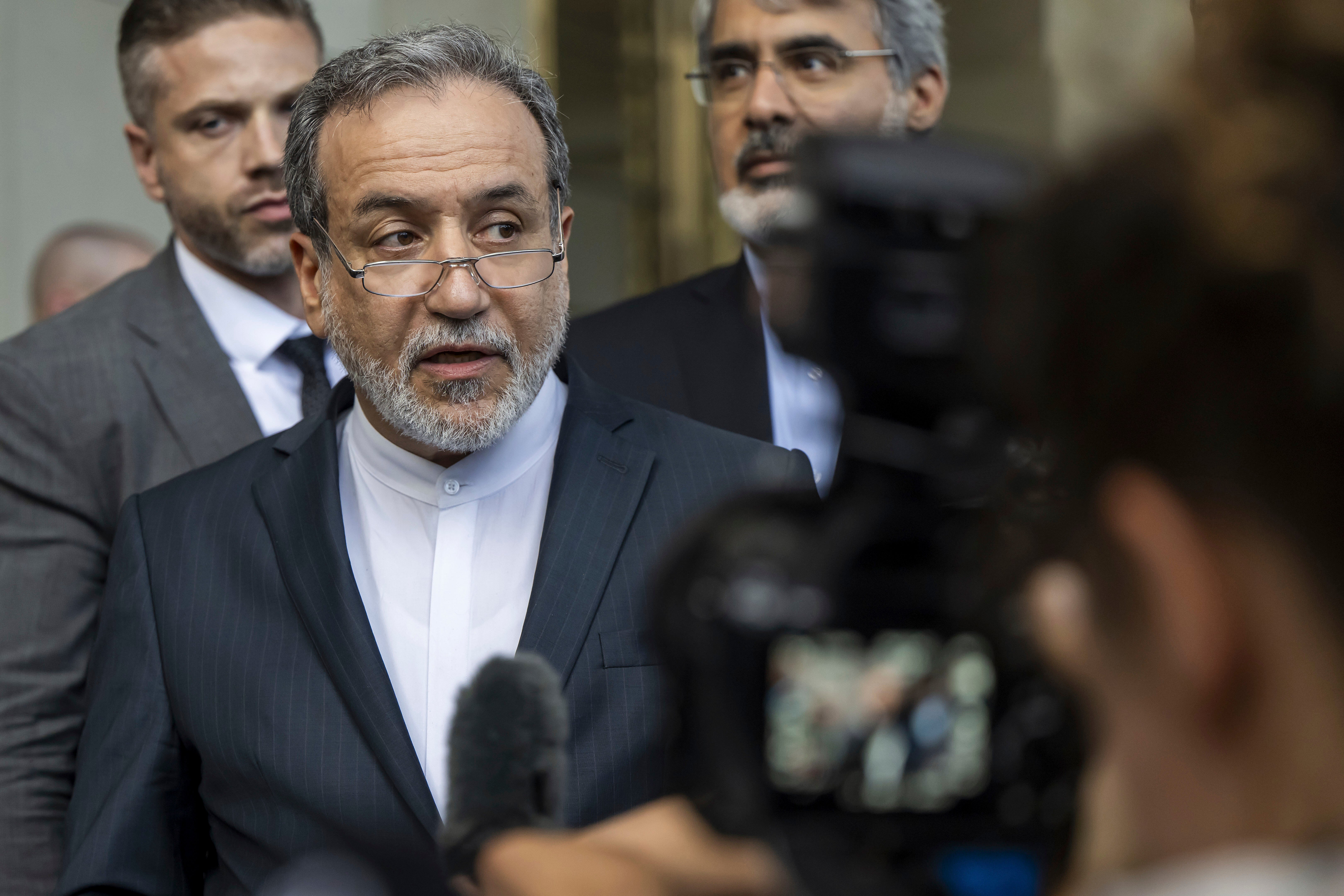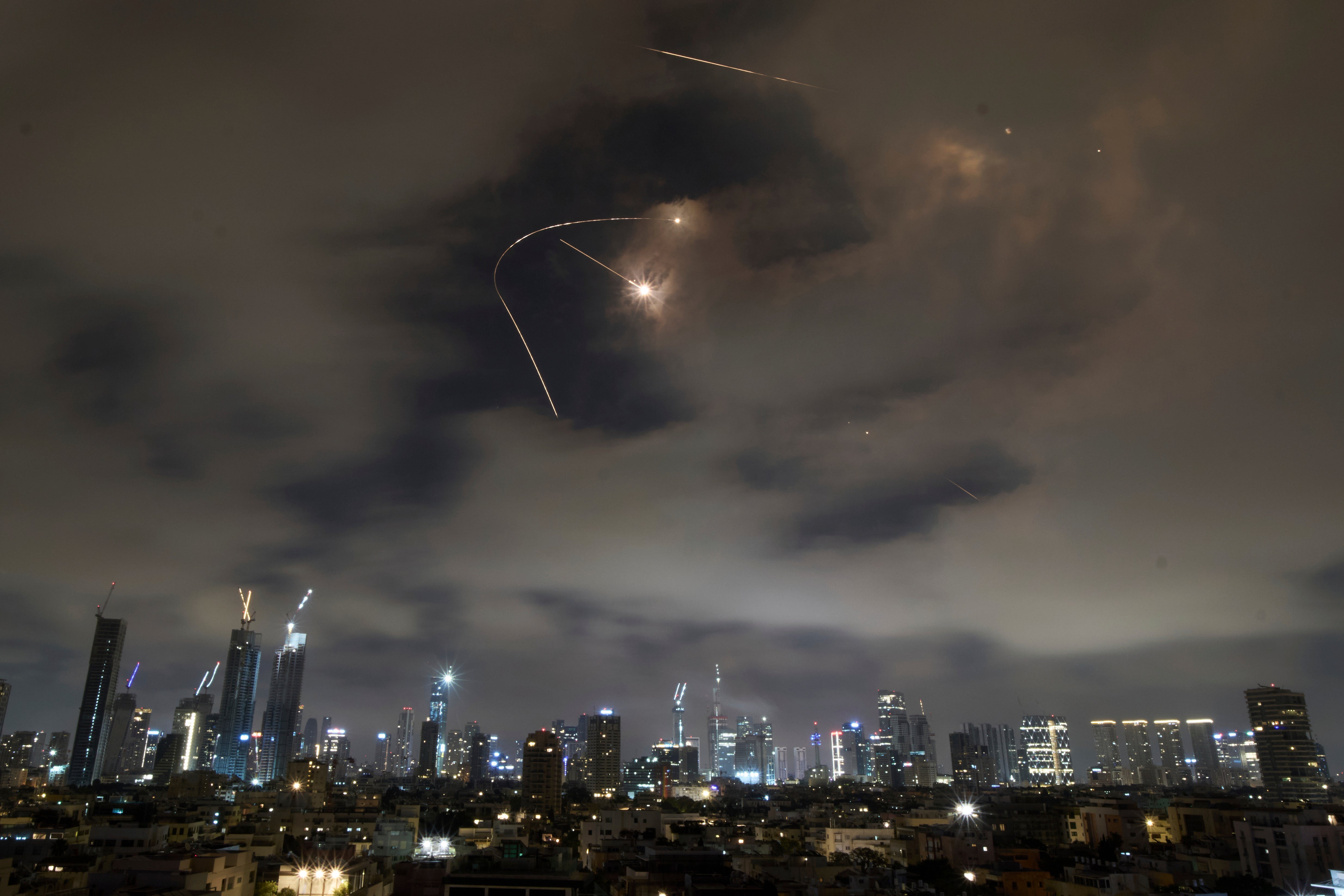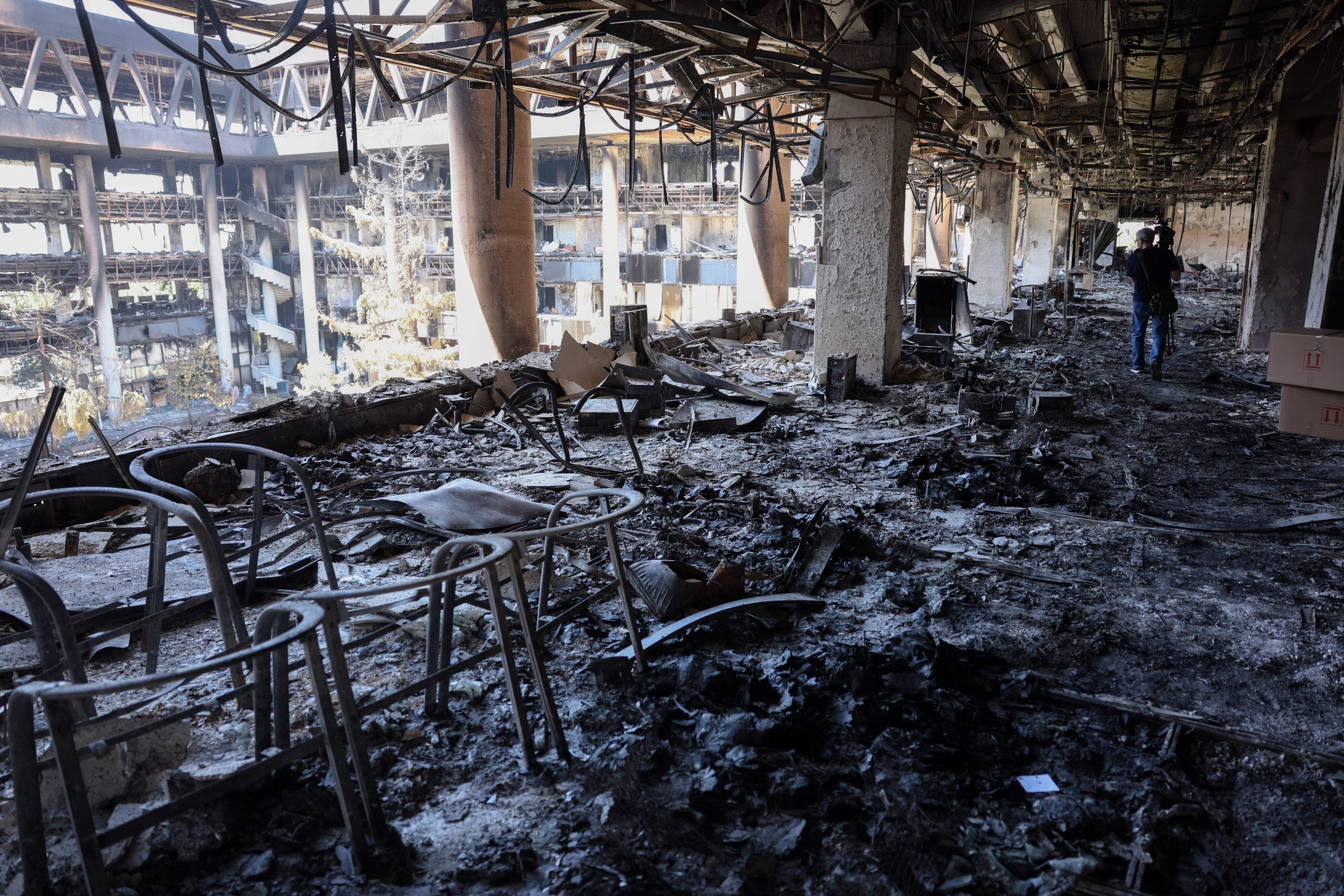US involvement in attacks on Iran would be “very, very dangerous”, Tehran’s foreign minister has warned as Donald Trump continues to mull over whether to support Israeli strikes.
Abbas Araghchi made the comments during the second day of a round of diplomacy in Istanbul, Turkey, where he met leaders from Arab and Muslim countries one day after meeting his British, French and German counterparts.
Donald Trump’s sabre-rattling over potential strikes on Iran came to a head earlier this week when he said he “may” authorise an attack, before later setting himself a two-week deadline to make the decision.

In the strongest suggestion yet that Trump is prepared to authorise strikes in the near future, The Times reports that American B-2 stealth bombers have moved from their base in Missouri and are bound for a military base in the Indian Ocean. These are the warplanes which can deliver the US military’s advanced “bunker busting” bombs, capable of striking the Iranian nuclear targets buried deep underground.
With an apparent two-week grace period before US strikes, Tehran has the chance to push for further nuclear negotiations with Washington, which came to a halt when Israeli strikes last week sparked a deadly air conflict which has killed hundreds in Iran and dozens in Israel.
But Iran “cannot” join further nuclear negotiations with the US while the Iranian people are “under bombardment”, Mr Araghchi said on Saturday, adding that Tehran stands “absolutely ready for a negotiated solution for our nuclear programme”.
American military involvement “would be very unfortunate”, Mr Araghchi said.

At least 430 people have been killed in Iran already since the conflict began last Friday, when Israel issued a wave of strikes across Iranian nuclear sites and on the capital city of Tehran. In Israel, 24 people have been killed by Iran’s retaliatory strikes, including in Tel Aviv.
Israel says it has killed dozens of Iranian military commanders and nuclear scientists linked to Tehran’s nuclear programme and its powerful Revolutionary Guard Corps.
On Saturday, the IDF said it had killed two commanders of Iran’s Revolutionary Guard Corps (IRGC) who it claimed were closely linked with arming Hamas and other militant groups in the region.
One of the commanders, Saeed Izadi, led the Palestine Corps of the overseas arm, or Quds Force, foreign minister Israel Katz said in a statement. He has been described as a veteran figure in Iran’s military operations.

The Quds Force built up a network of Arab allies known as the Axis of Resistance, establishing Hezbollah in Lebanon in 1982 and supporting the Palestinian militant Islamist group Hamas in the Gaza Strip.
The military later said that it killed a second commander of the Guards’ overseas arm. The commander of the Quds Force’s Weapons Transfer Unit (Unit 190) in the Islamic Revolutionary Guard Corps, Behnam Shahriyari, was killed by the Israeli air force in an overnight strike against his vehicle, the IDF said.
Shahriyari “worked for years to arm various terrorist organisations in order to directly advance the Iranian regime’s plan to destroy the State of Israel”, the IDF claimed.
Israel itself suffered no overnight casualties on Saturday, after a significantly lower level of Iranian attacks involved only five missiles, down from 23 the day before.
The IRGC is yet to confirm the deaths.



